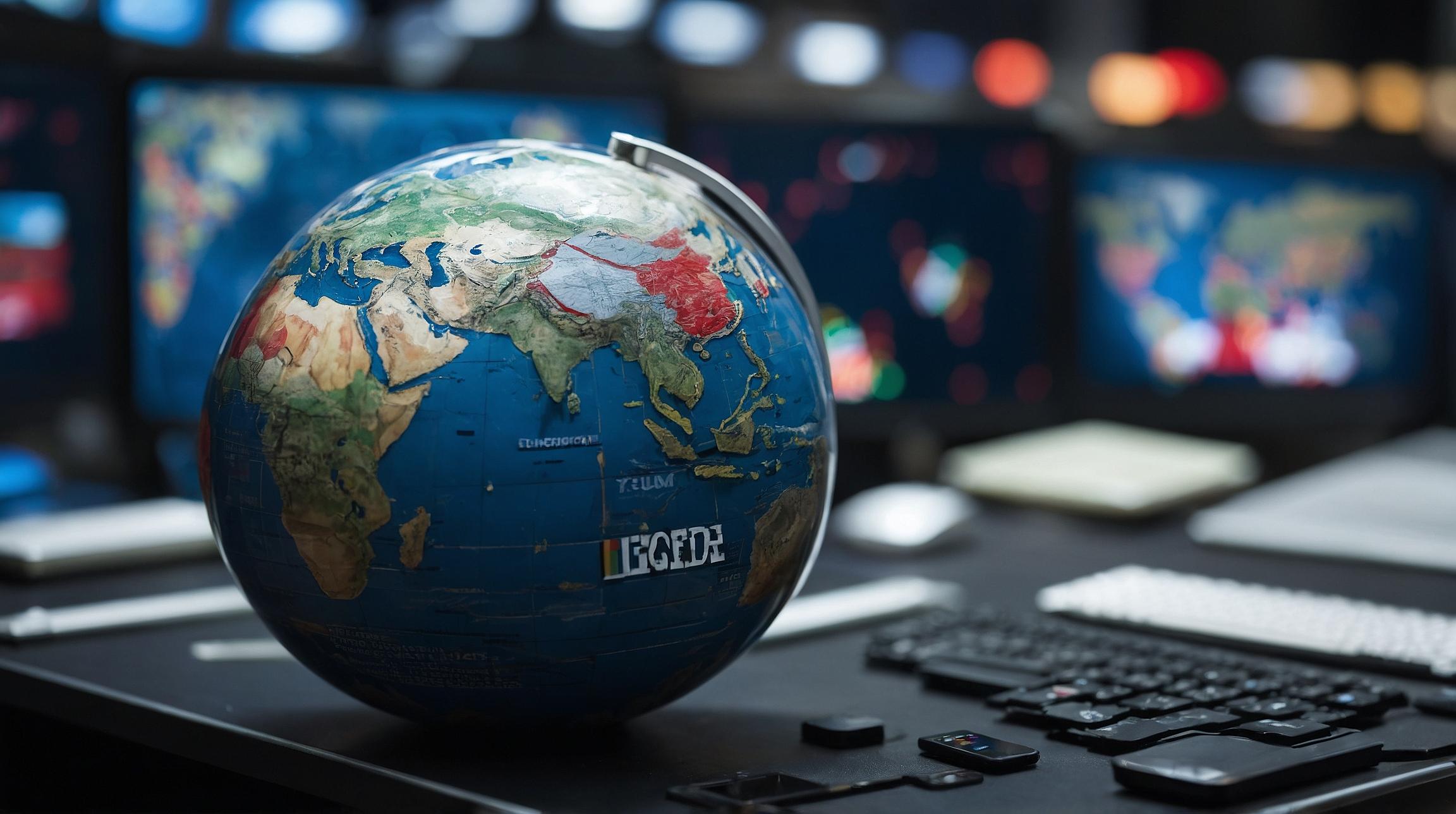The Role of AI in Modern Employment
Artificial Intelligence (AI) is revolutionizing work environments by automating many tasks traditionally performed by humans. This has led to concerns over potential job losses. However, evidence suggests that AI might not be the job eliminator many fear it to be. Instead, similar to historical technological advancements like the steam engine and electricity, AI may create new job opportunities and enhance productivity for existing roles.
For instance, Alorica, a company specializing in customer service, utilizes AI translation tools to facilitate communication across various languages. This allows representatives to assist customers from different linguistic backgrounds without needing to hire multilingual staff. Such technology demonstrates how AI can complement rather than replace human efforts.
AI's Historical Context and Current Impact
AI technology has roots dating back to the 1950s and has evolved significantly since then. Early AI programs like the Logic Theorist paved the way for modern innovations such as voice assistants (Siri, Alexa) and IBM’s Deep Blue, which famously defeated chess champion Garry Kasparov in 1997.
Current AI applications, like chatbots, have not led to widespread job displacement. In fact, the White House Council of Economic Advisers reports that AI boosts productivity and can create new job types. A study by MIT economist David Autor found that 60% of jobs in 2018 were created by technologies that did not exist in 1940.
Navigating AI's Challenges and Opportunities
Despite AI's benefits, concerns remain valid, especially in certain job sectors. Suumit Shah of Dukaan replaced 90% of his customer support staff with a chatbot, significantly reducing response times and costs. Similarly, studies indicate that writers and coders are experiencing shifts in job demand due to AI tools like ChatGPT. However, AI's ability to handle routine tasks can empower employees to focus on more creative and complex responsibilities.
For example, IKEA introduced a chatbot to manage simple inquiries but chose to retrain its customer-service team to focus on interior design consultation, thus maintaining employment levels. A study involving a Fortune 500 company revealed that AI tools increased productivity by 14%, with the most significant gains seen among less experienced workers.
The Future of Work with AI
AI presents a unique opportunity to reshape the workforce by complementing human abilities and promoting efficiency. While it may alter the nature of some jobs, it also paves the way for new roles and enhances overall productivity. The key is to embrace AI's potential for collaboration rather than competition.
AI experts advocate for regulation to ensure its benefits are maximized while mitigating risks. As AI continues to integrate into various sectors, it is crucial to focus on creating a balanced approach that leverages technology for societal and economic advancement.













